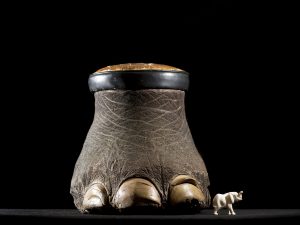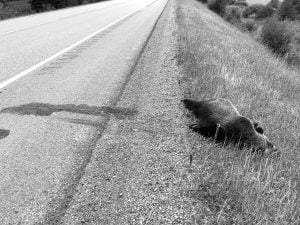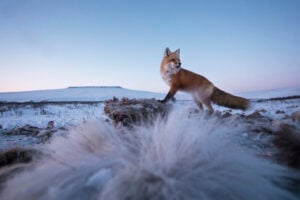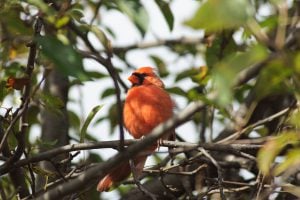Ask Jennifer Ackerman whether being called a birdbrain is an insult or a compliment, and she’ll tell you that there’s no question it’s the latter. Ackerman’s latest book, The Genius of Birds, makes just such a case, with the acclaimed science writer exploring the world of birds in fascinating, revealing detail. Here, Ackerman discusses her new book, the birds she thinks are the most interesting and more.
You’ve written about a variety of topics over the years — what prompted you to write about birds?
I’ve always loved birds, but I really began noticing the stories and reports from laboratories and field studies in the past five years or so suggesting that birds were much smarter than we thought. I got very interested in this idea and started interviewing the scientists studying birds’ brains and cognition.
How did doing the research for this book compare to the research you had to do on your previous books?
It was a little easier than the research I did for the book on genetics (Chance in the House of Fate: A Natural History of Heredity), but any time you dive into the subject of the brain and animal behavior, it takes some pretty thorough investigation and understanding. I came to the topic as a beginner in some ways, and I think that’s an asset because I tend to take the reader’s point of view. I also spent a great deal of time researching scientific journals and relied very heavily on the scientists who are actually doing the research.
What will birders and non-birders enjoy about the new book?
It’s really a book for those who are interested in seeing the world around them in a new way. My hope is that it will appeal to people who are interested in stories about the animal world, the brain and how we view intelligence. I’m really hoping that readers who already love the birds that come to their feeders will experience those birds in a new way and feed them as these very smart, very skilled beautiful things.
What bird have you found to be the most interesting?
I think if I had to pick a single bird, it would probably be a New Caledonian crow named Laura. Its really clever behavior during an experiment inspired a scientist and a whole new line of investigation on birds and their understanding of cause and effect. As a species, the Clark’s nutcracker stands out for how amazing its spatial memory is. It stashes tens of thousands of seeds every year in thousands of different spots and remembers exactly where it stashed every one.
What’s the most valuable thing we can learn from birds?
We can certainly learn something about how our own brains work, and I think that was one of the big surprises of the book. Birds learn and remember, and they use calls and songs to communicate in the same ways we use language. They also use social ingenuity in a similar way that we do. Birds are really great models for understanding our mental processes, how we learn language or why we sleep, etc. What’s most exciting is the possibility of learning how another creature thinks — how the mind of a bird works, and how it can achieve such extraordinary mental feats with a brain the size of a nut.





